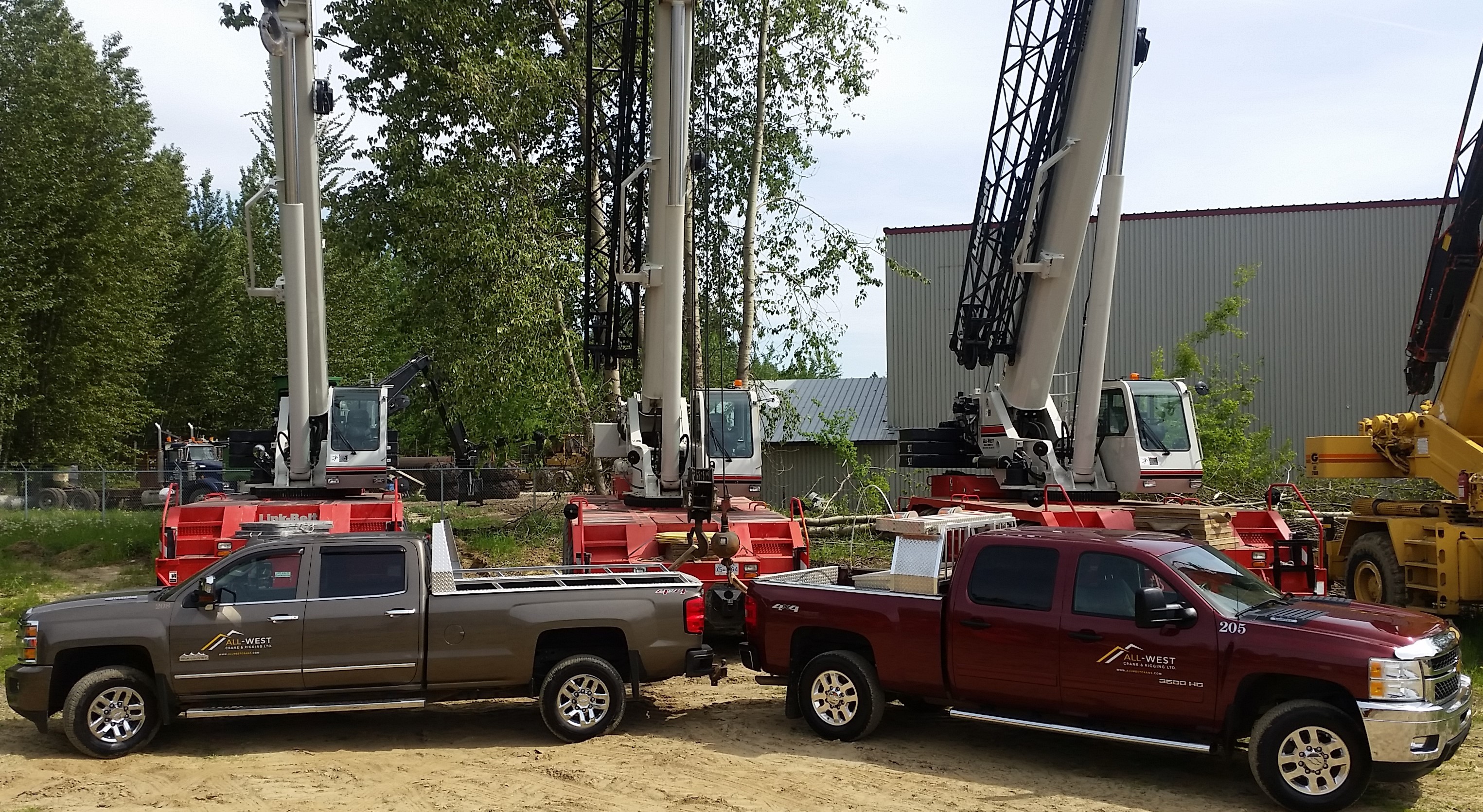Reno Sparks Indian Colony
The Reno Sparks Indian Colony (RSIC) is a federally recognized Native American tribe that has a long and rich history in the Southwest region of the United States. The Reno Sparks Indian Colony is based in Reno and Sparks, Nevada, and its reservation encompasses a small area in the city. The Reno Sparks Indian Colony is made up of a number of different Native American groups, including the Northern Paiute, the Washoe, and the Western Shoshone. These groups have a long and diverse history that stretches back thousands of years, and they have developed sophisticated systems of governance, trade, and social organization that are based on their relationship with the land and the resources it provides. The Reno Sparks Indian Colony has faced many challenges over the years, including the loss of land and resources, cultural assimilation, and discrimination. Despite these challenges, the members of the Reno Sparks Indian Colony have maintained their cultural traditions and continue to thrive as a community. Today, the Reno Sparks Indian Colony is an important part of the cultural and economic fabric of Nevada, and it continues to play a vital role in the history and development of the region.Investment Disclosure
The content provided on this website and in Mine$tockers episodes is for informational purposes only and should not be considered as an offer, solicitation, recommendation, or determination by Mine$tockers Inc. for the sale of any financial product or service or the suitability of an investment strategy for any investor.
Investors are advised to consult a financial professional to determine the appropriateness of an investment strategy based on their objectives, financial situation, investment horizon, and individual needs. This information is not intended to serve as financial, tax, legal, accounting, or other professional advice, as such advice should always be tailored to individual circumstances.
The products discussed herein are not insured by any government agency and carry risks, including the potential loss of the principal amount invested. Any information provided is based on both internal and external sources and should not be construed as an endorsement or conclusion regarding a company's financial prospects, resources, or management. Opinions expressed may change and should not be relied upon. It is crucial to seek personalized investment advice for your unique situation.
Natural resources investments are generally volatile, with higher headline risk than other sectors. They tend to be more sensitive to economic data, political and regulatory events, and underlying commodity prices. The prices of natural resources investments are influenced by factors such as the costs of underlying commodities like oil, gas, metals, and coal. These investments may trade on various exchanges and experience price fluctuations due to short-term demand, supply, and investment flows.
Natural resource investments often respond more sensitively to global events and economic data, including natural disasters, political turmoil, pandemics, or the release of employment data.
Investing in foreign markets may carry greater risks than domestic markets, including political, currency, economic, and market risks. It is essential to evaluate if trading in low-priced and international securities is appropriate for your circumstances and financial resources. Past performance does not guarantee future results.
Mine$tockers Inc., its affiliates, family, friends, employees, associates, and others may hold positions in the securities it covers. Some of the companies covered may be paying clients of the production.
No investment process is risk-free, and profitability is not guaranteed; investors may lose their entire investment. No investment strategy or risk management technique can guarantee returns or eliminate risk in any market environment. Diversification does not ensure a profit or protect against loss. Investing in foreign securities involves risks not associated with domestic investments, such as currency fluctuations, political and economic instability, and differing accounting standards, potentially leading to greater share price volatility. The prices of small- and mid-cap company stocks generally experience higher volatility than large-company stocks and may involve higher risks. Smaller companies may lack the management expertise, financial resources, product diversification, and competitive strengths needed to withstand adverse economic conditions.

Studio
Toronto Ontario Canada
kevin@MineStockers.com
Phone
+1 (905) 967-2519




